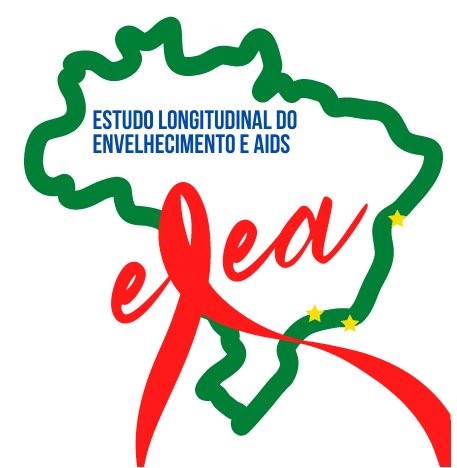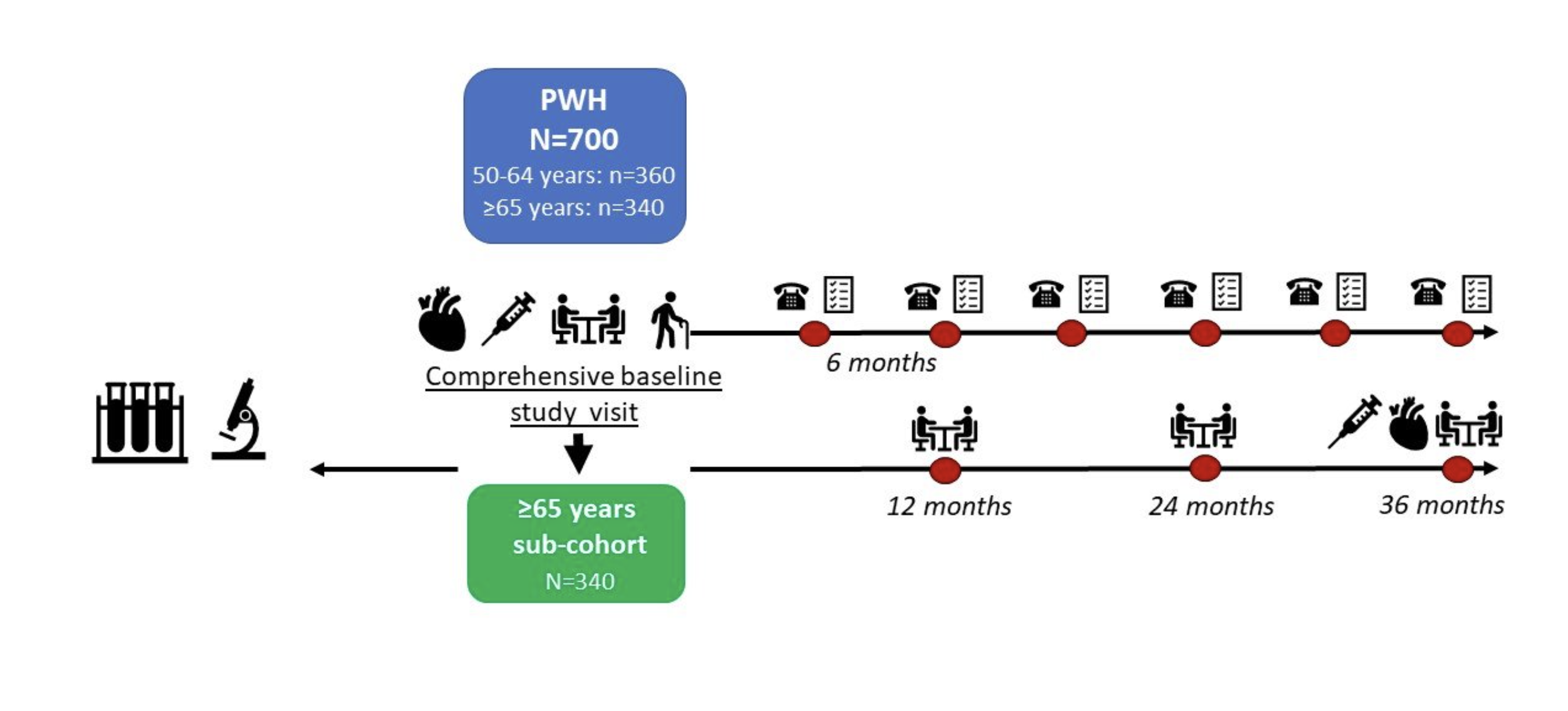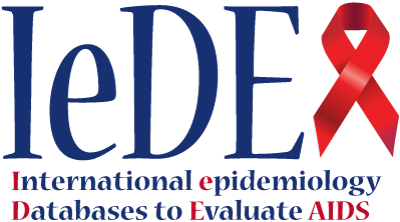Research
Caribbean, Central, and South America network for HIV Epidemiology (CCASAnet)
One of the seven regional members of the International epidemiologic Databases to Evaluate AIDS (IeDEA), CCASAnet is shared data repository of retrospective and prospective observational epidemiologic data aimed to describe and understand the HIV epidemic in Latin America.
CCASAnet is led by three Principal Investigators, Drs. Jessica Castilho and Stephany Duda at Vanderbilt University Medical Center (VUMC) in Nashville, Tennessee, and Dr. Pedro Cahn at Fundación Huésped in Buenos Aires, Argentina.
CCASAnet brings together the expertise and resources of VUMC and clinical and research sites in Argentina, Brazil, Chile, Haiti, Honduras, Mexico, and Peru. CCASAnet investigators work together to improve the quality and consistency of clinical research activities at all member sites, using the merged information to conduct new HIV research and investigate whether current HIV studies generalize to populations in these different regions.
Longitudinal Study of HIV & Aging in Brazil
Estudo Longitudinal do Envelhecimento e AIDS (ELEA-Brasil)
The Longitudinal Study for HIV and Aging (ELEA-Brasil) is a prospective observational study investigating the epidemiology, clinical implications, and immunologic and infectious determinants of aging-related diseases and outcomes in older people with HIV (PWH) in Brazil.
Enrolling more than 700 participants ages ≥50 years on antiretroviral therapy (ART) at four Brazilian clinical sites, ELEA-Brasil collects data on demographic, social, and medical data as well as standardized assessments of geriatric syndromes, carotid ultrasound for atherosclerosis assessment, and biospecimen collection.

ELEA Overview
ELEA-Brasil collaborators include medical doctors, geriatricians, immunology experts and clinicians from outpatient clinical sites in Brazil, Germany, Canada and the US:
- Complexo Hospitalar Universitário Professor Edgar Santos, Salvador
- Instituto Nacional de Infectologia, Rio de Janeiro
- Centro de Referência e Treinamento DST/Aids and Casa de Aids da Universidade de São Paulo
- German Cancer Research Center, Heidelberg
- University of Montréal, Montréal
- The University of Texas Medical Branch, Galveston
All ELEA-Brasil participants are being followed over five years through telephone interviews every six months for ascertainment of adverse clinical and social outcomes.
Participants ≥65 years (n=340) are scheduled for annual comprehensive study assessments to evaluate for incident geriatric syndromes.

ELEA Aims
ELEA-Brasil is uniquely positioned to provide urgently needed, high-quality data to understand aging with HIV in a global context. It will offer novel insights into a variety of infectious contributions to cellular mechanisms of aging experienced by people with HIV around the globe.
Aim 1
To define the burden of endemic coinfections and socioeconomic factors associated with chronic non-communicable disease (NCDs) and geriatric syndromes among older PWH.
Aim 2
To determine clinical predictors and outcomes of geriatric syndromes among older PWH in Brazil.
Aim 3
To measure the effects of endemic coinfections on inflammatory pathways of non-communicable disease and geriatric syndromes in older people with HIV.
Collaborate with us!
ELEA-Brasil welcomes external collaborations. Please send your completed Concept Sheet to the Program Coordinator, Shaiana Oliveira.
Infectious diseases and cancers
People with HIV experience increased risk and earlier onset of a number of malignancies. Our group seeks to understanding the role of immunologic and infectious determinants of increased cancer risk experienced by PWH.
Dr. Castilho is the site PI for the HPV-IMPACT Monitoring Project of the Tennessee Emerging Infections Program. Led by the CDC, HPV-IMPACT provides active surveillance of HPV-associated cancers and pre-cancers to investigate real-world impact of the HPV vaccine in five geographical sites of the US.

